
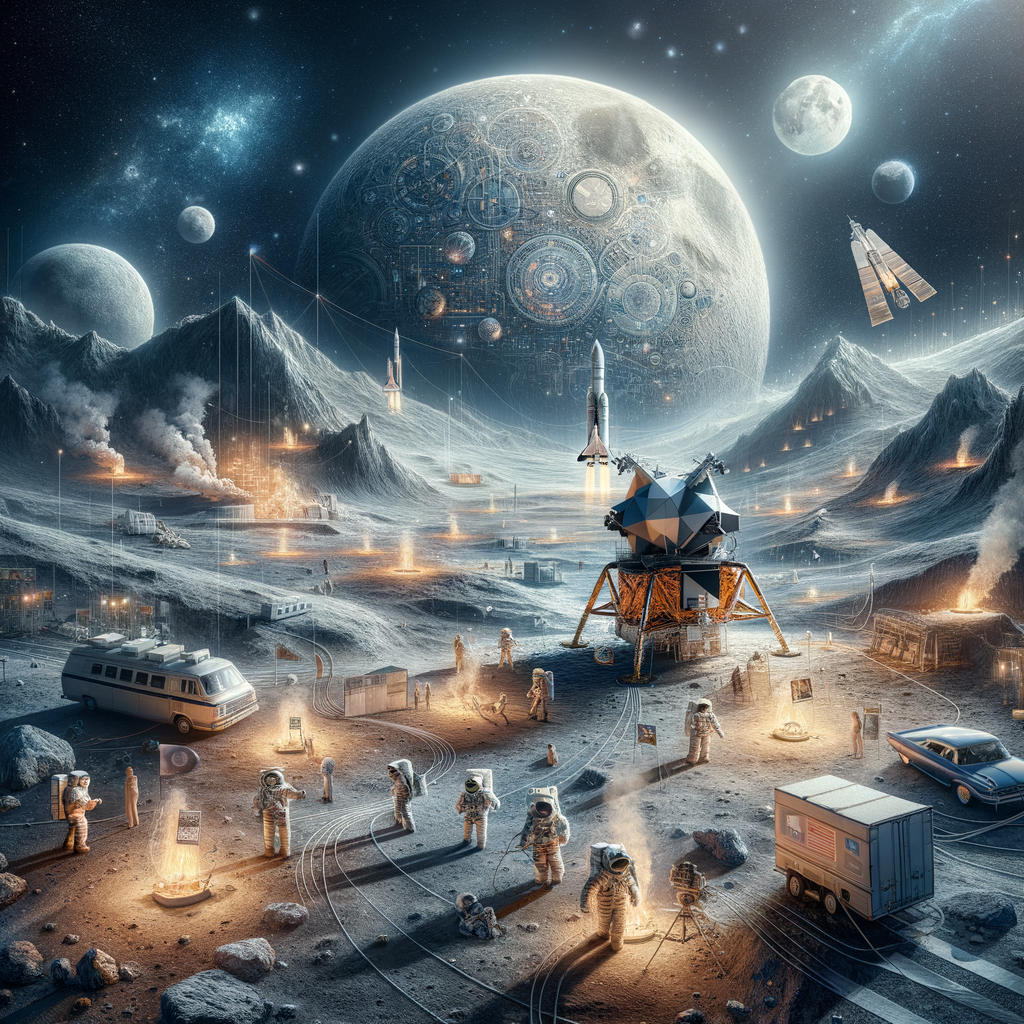
This article delves into lunar exploration, discussing the history of Moon landings, lesser-known details of the Apollo missions, and the effects of lunar gravity on the human body. It also explores the possibility
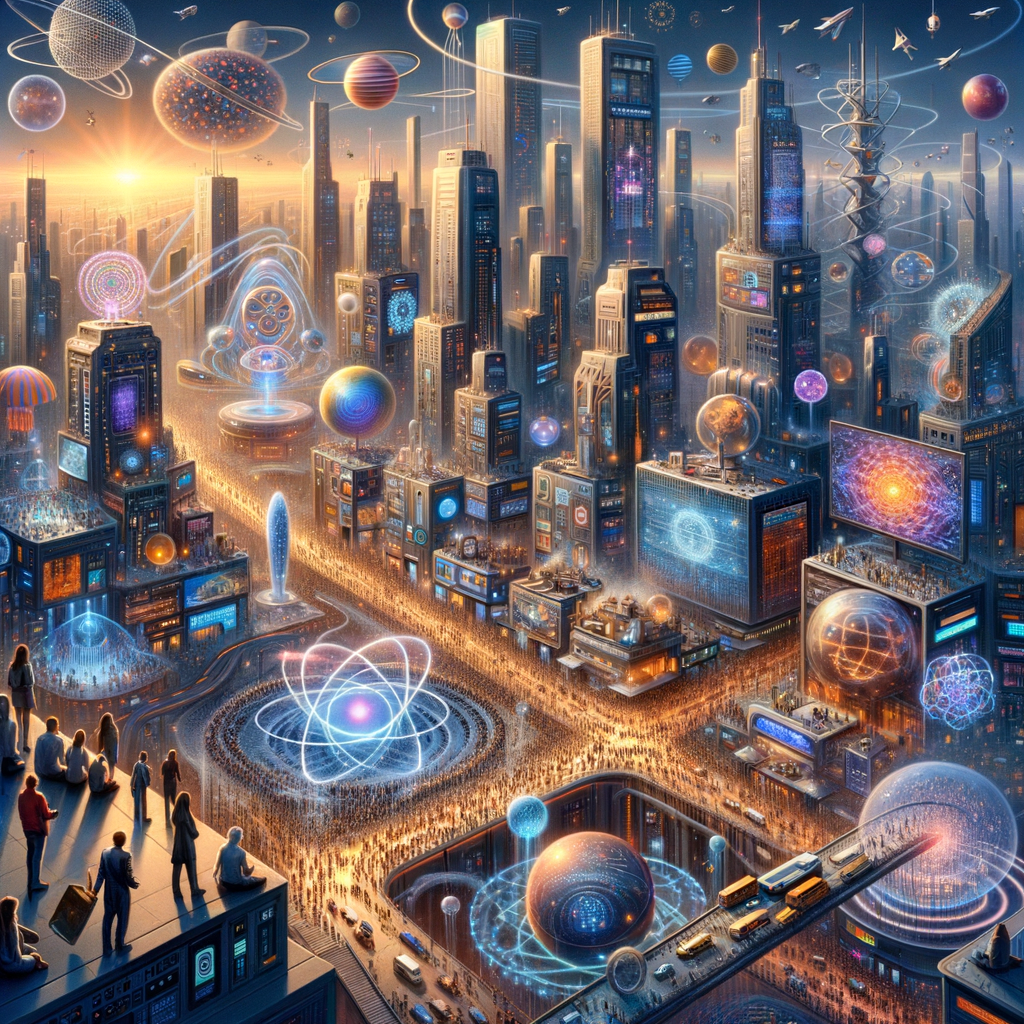
"Quantum Mechanics in Daily Life: Revolutionizing Our Future and Challenging..." delves into the fascinating world of quantum mechanics, exploring its potential applications in everyday life. The article discusses how concepts
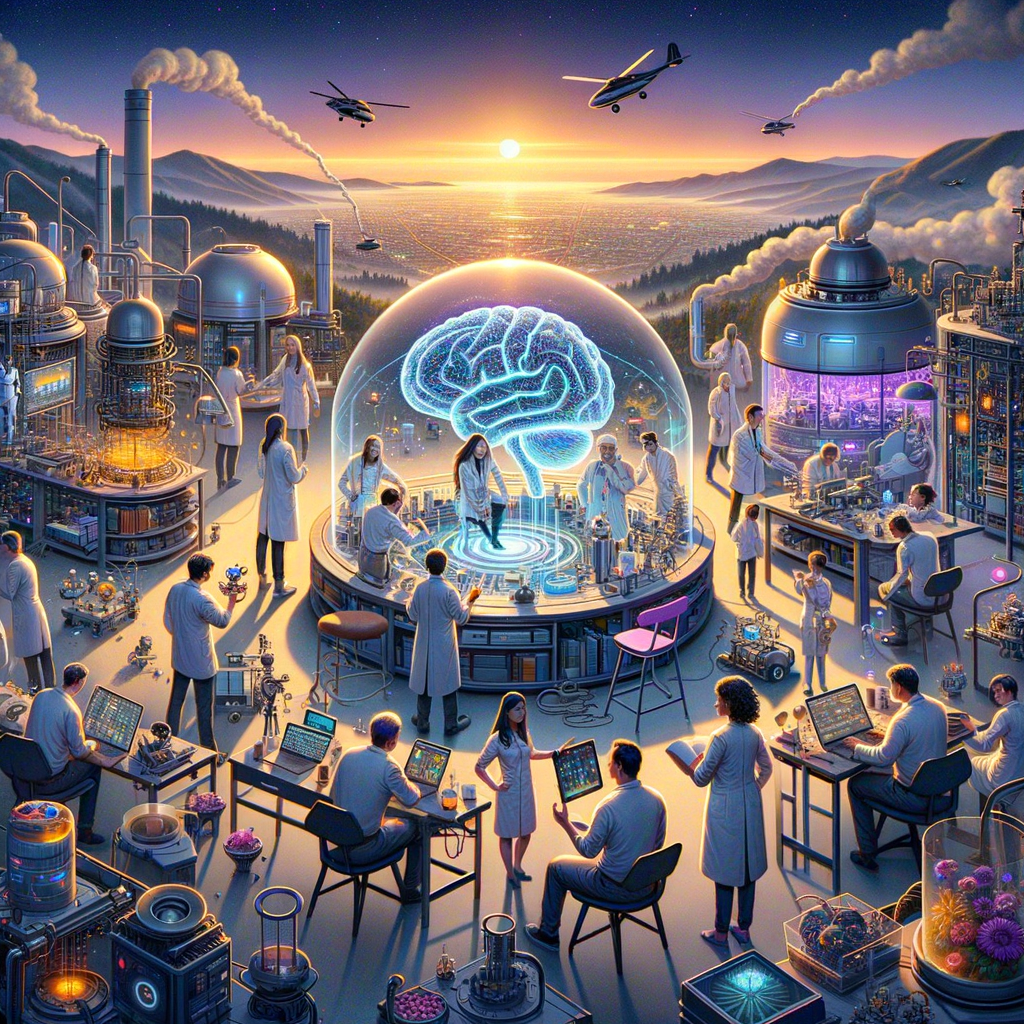
In the heart of Silicon Valley, a groundbreaking lab is revolutionizing AI technology, potentially reshaping our understanding of human cognition and consciousness while raising ethical questions. The story delves into the journey of the
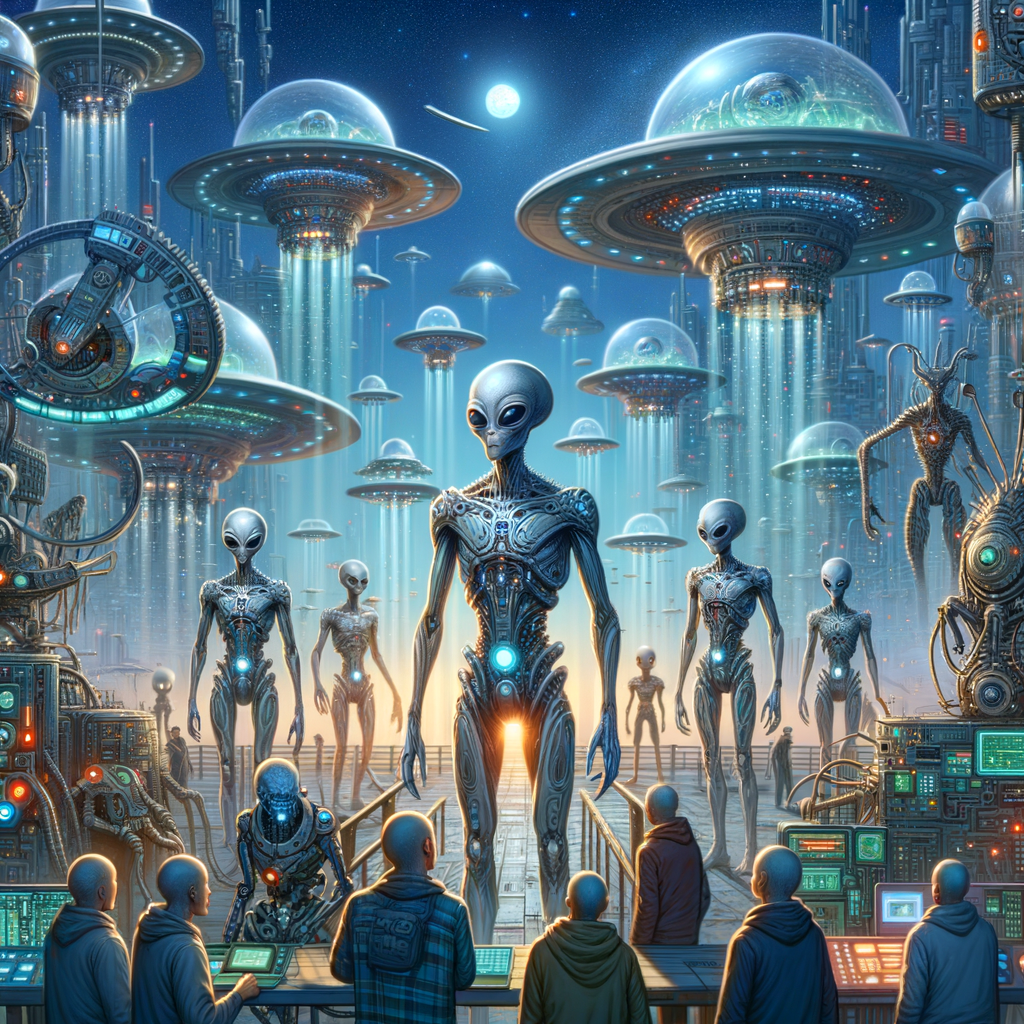
In the article "Aliens Rule," Popular Science explores the intriguing possibility of extraterrestrial life, sharing fascinating facts and theories about their potential existence, intelligence, and impact on human understanding of the universe

The article discusses interesting facts about Donald Trump, touching on his background, business ventures, and political career, highlighting how he became the 45th President of the United States.
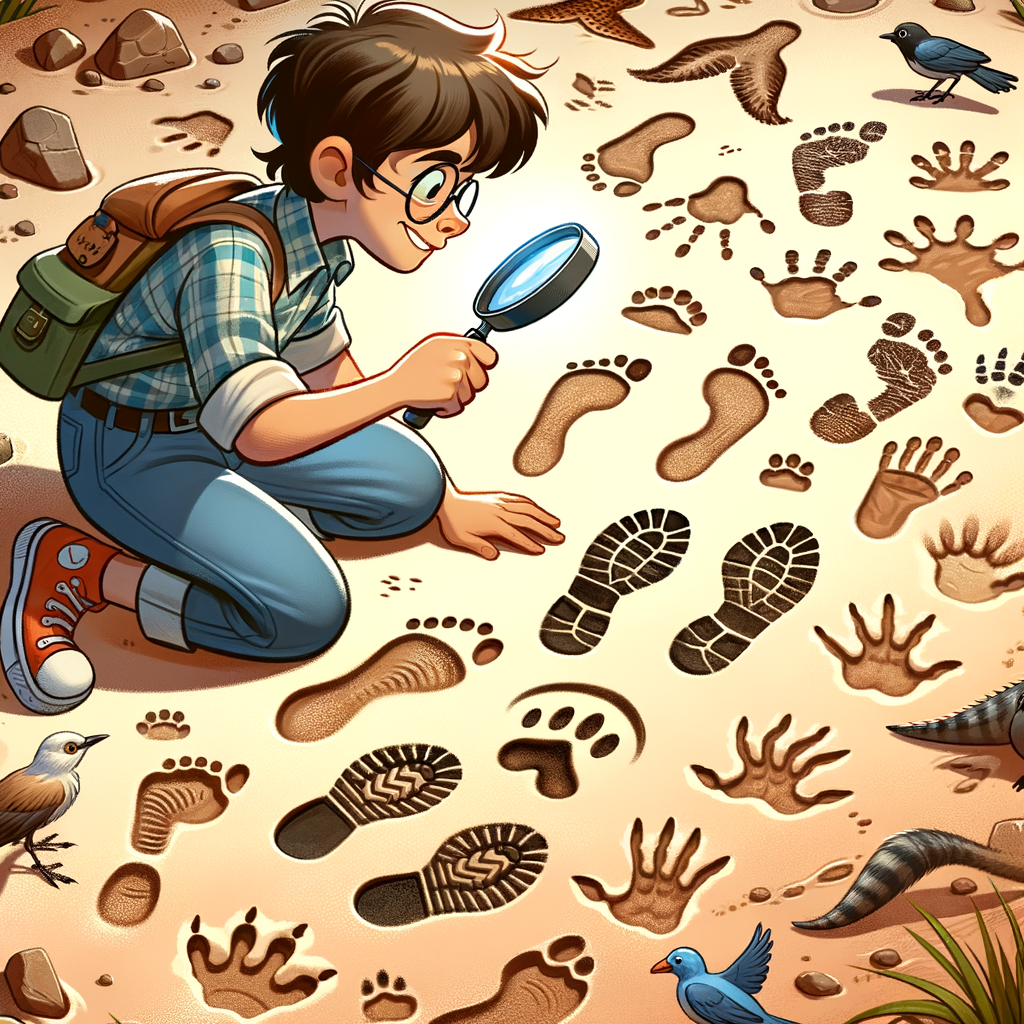
In "Michael and the Feet," Michael discovers the fascinating science behind the human foot and its role in our daily lives, from supporting our body weight to enabling movement and maintaining balance.
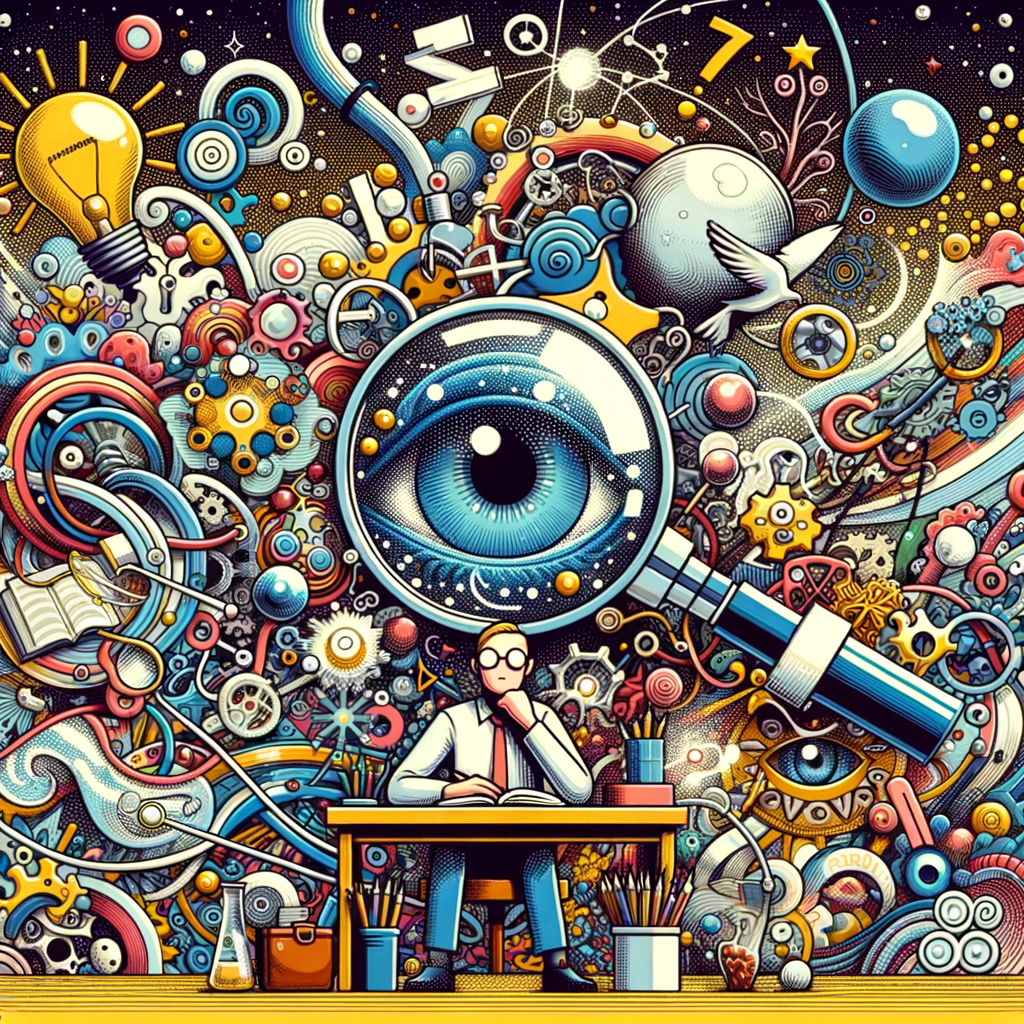
Unfortunately, we cannot provide a summary as the given story title "1234567890cn hbndqcy8j" does not provide any context or information about the story's content. Please provide